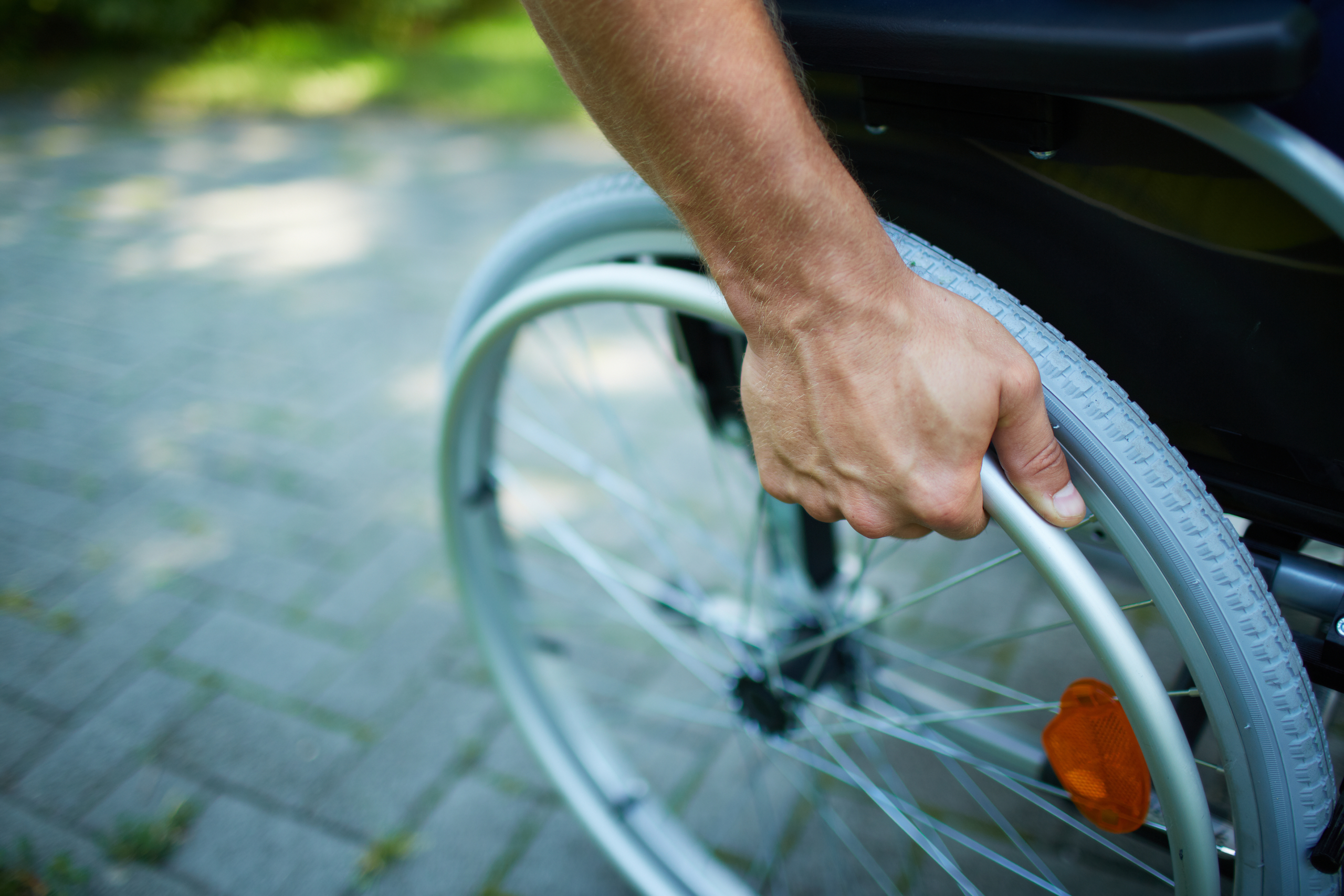Disability is a broad term that describes a physical or mental condition that negatively affects a person’s movement, senses or ability to participate in activities of daily living. Some disabilities are mild and have minimal impact on a person’s everyday life, while others require major accommodations. It can include anything from the use of a wheelchair to a partial amputation, a kidney disease that requires weekly dialysis to a diagnosis of bipolar disorder.
If you have a disability and are applying for social security disability benefits, however, you will find that the Social Security Administration’s (SSA) definition of disability is much narrower. For purposes of SSD benefits, the disabilities described above – and any other disability – must:
- Have lasted, or be expected to last at least 12 months, or
- Be expected to result in your death, AND
- Make it impossible for you to work in any job you held in the past, or unable to adjust to other work suitable for your age, experience, and education.
Back surgery that leaves you out of work for six months isn’t enough to qualify you for SSD benefits – that’s only a partial disability, and the SSA requires total disability. Chronic back pain due to nerve issues may be sufficient to make you eligible for SSD benefits, provided that you can prove it meets the SSA’s very strict, and very specific, disability criteria.
The SSA maintains a listing of more than 100 disabling conditions, each with its own set of criteria an applicant must meet before being approved for SSD benefits.
If the applicant can prove that he meets the criteria for any one of the SSA’s disabling conditions, he does not need to prove that the condition interferes with his ability to work; it is automatically presumed that it does. If the applicant has a different medical condition, he must provide sufficient documentation and work information that proves his medical condition makes him unable to work.
Are you unsure if you will qualify for SSD benefits? Contact Our office for a Complimentary Case Evaluation. Call #(847) 577-4476 or complete the online form for a complimentary case evaluation.









